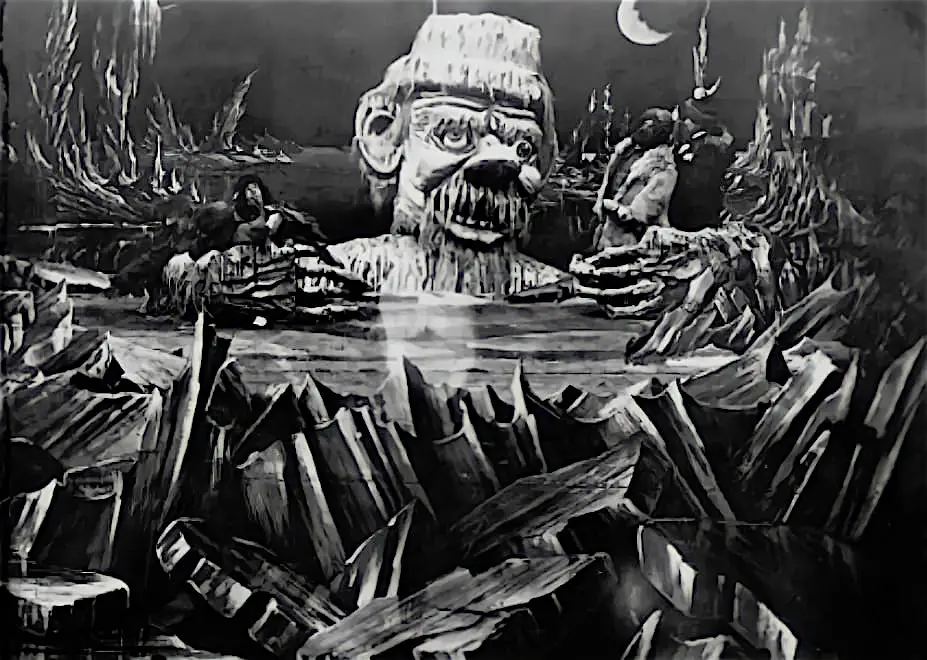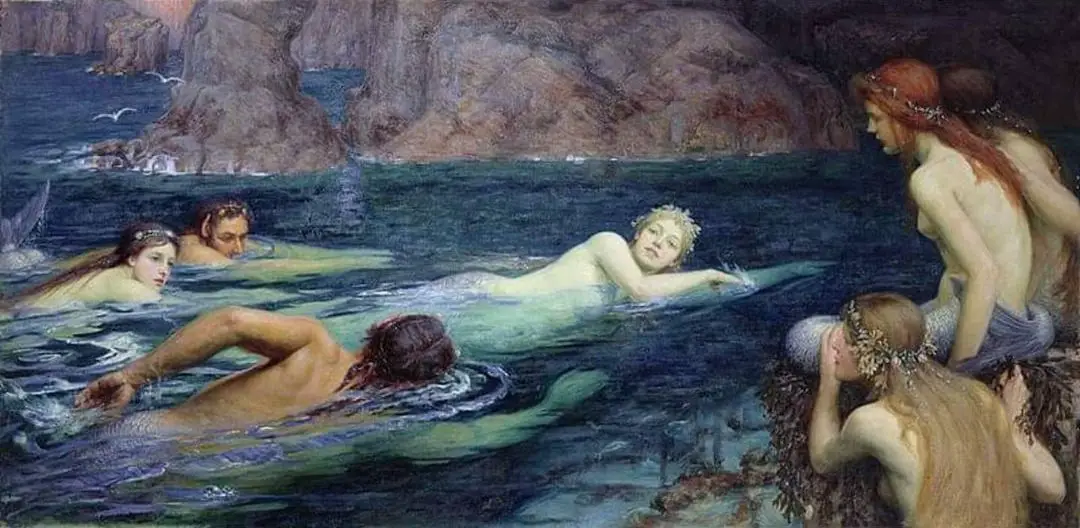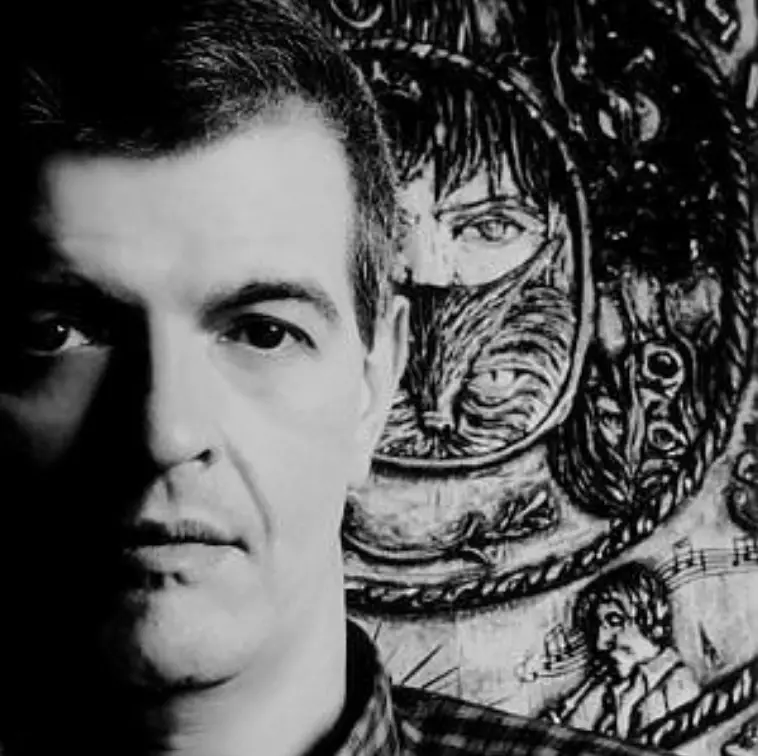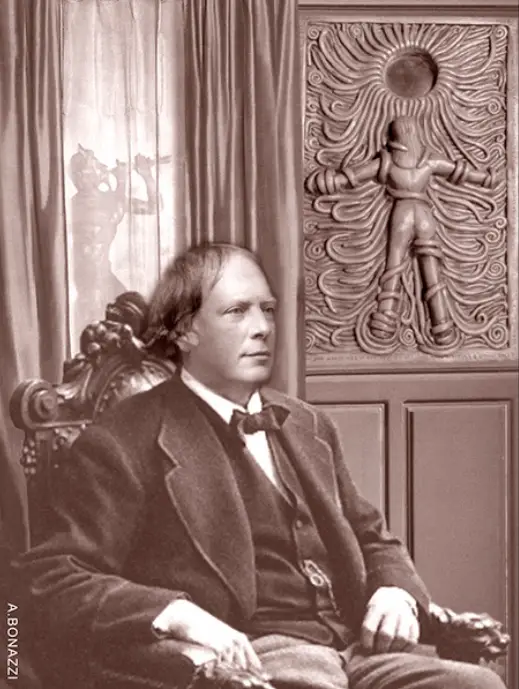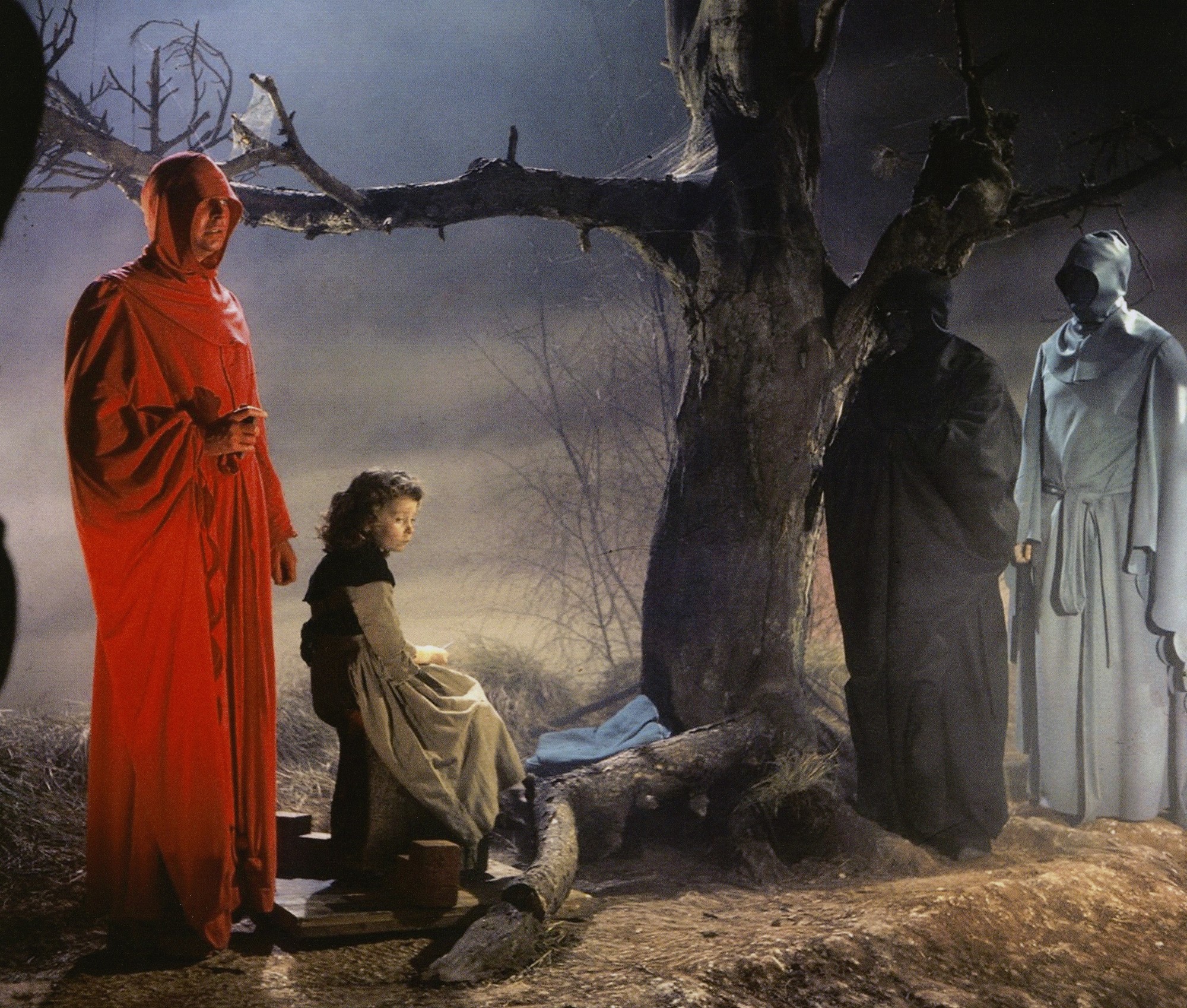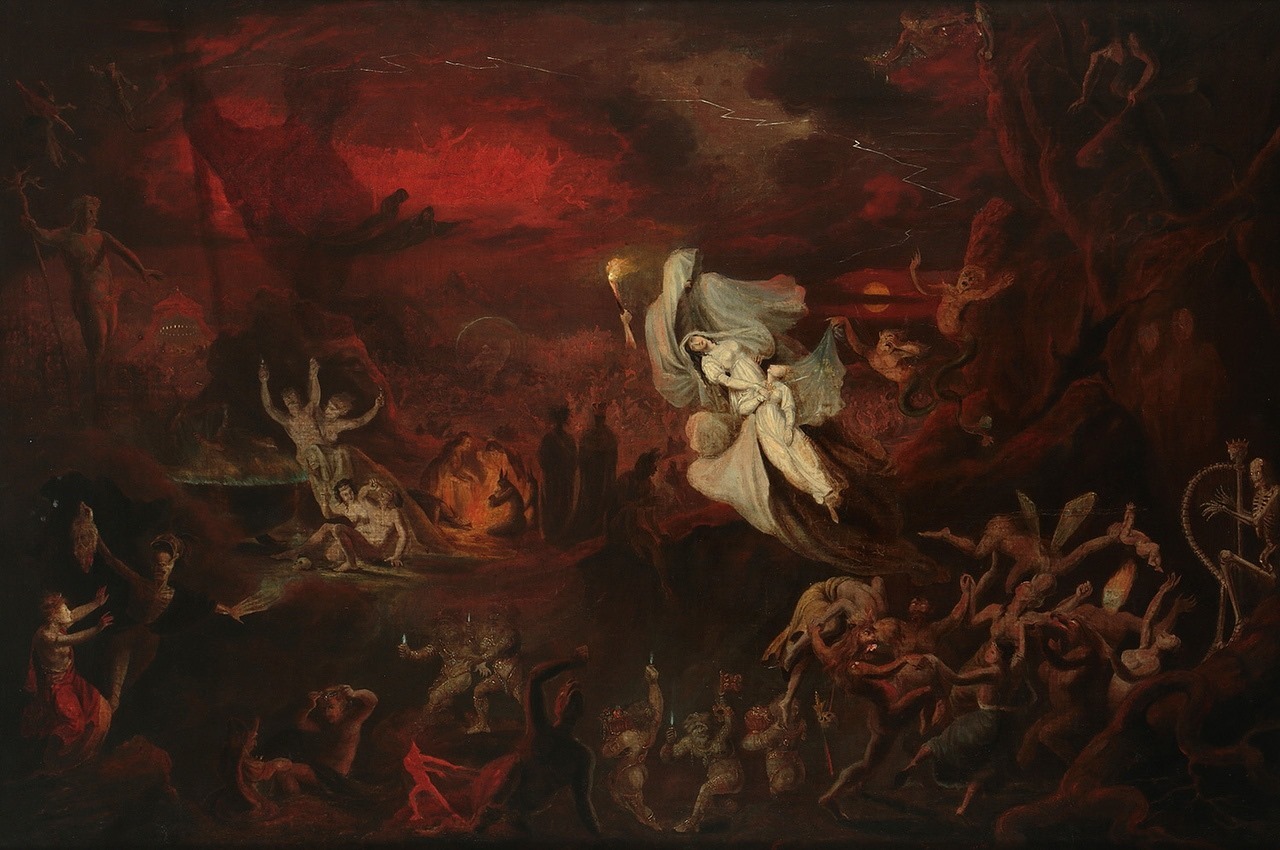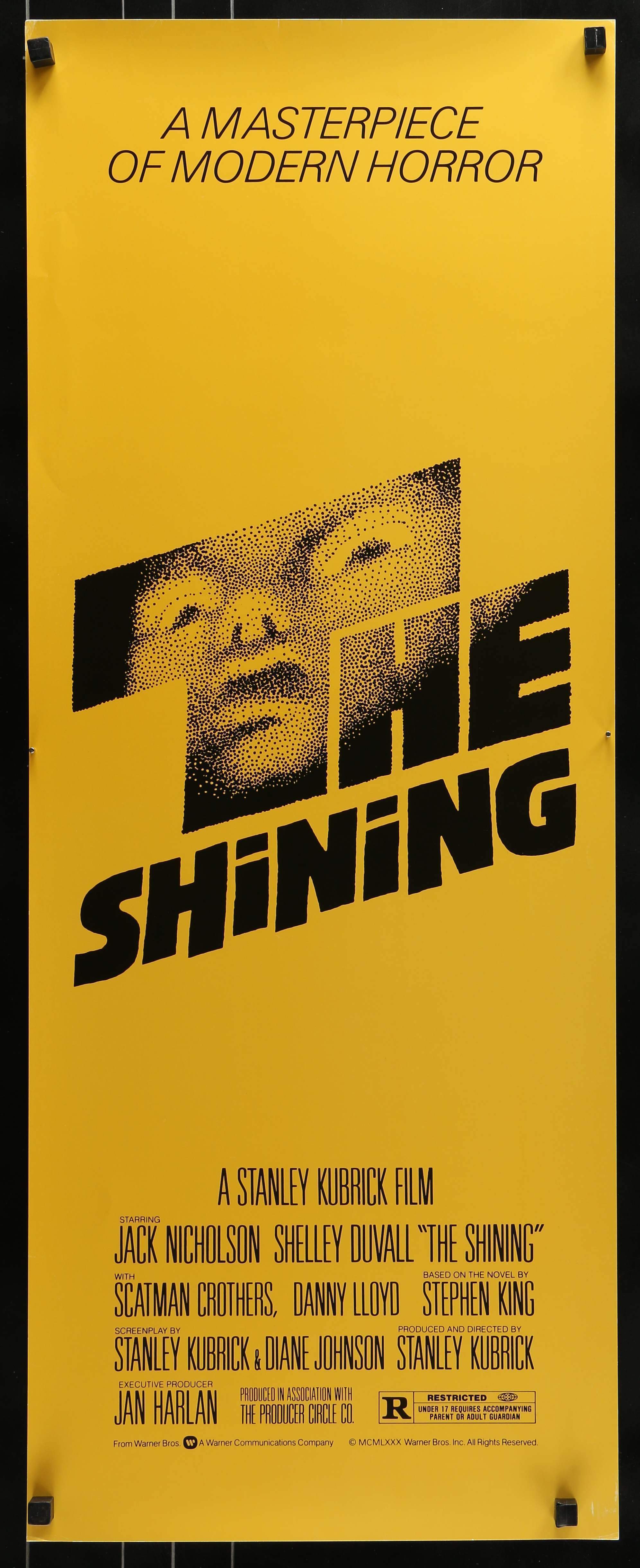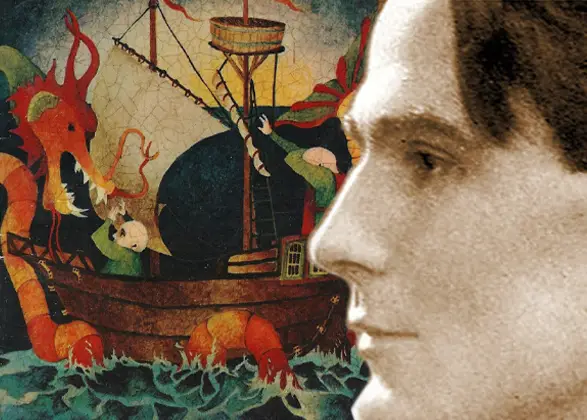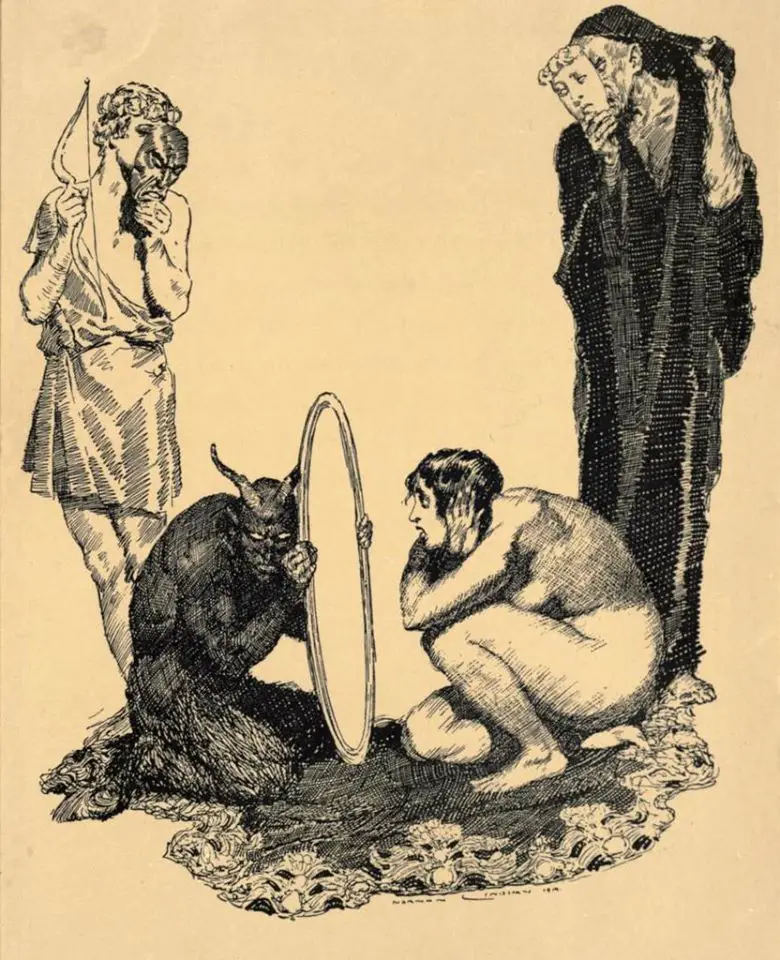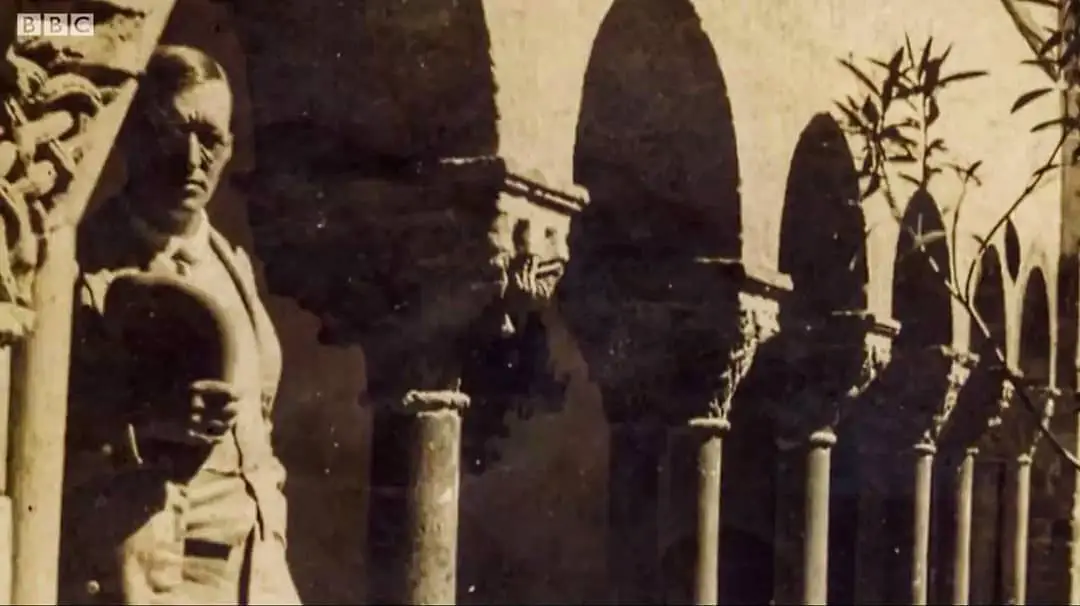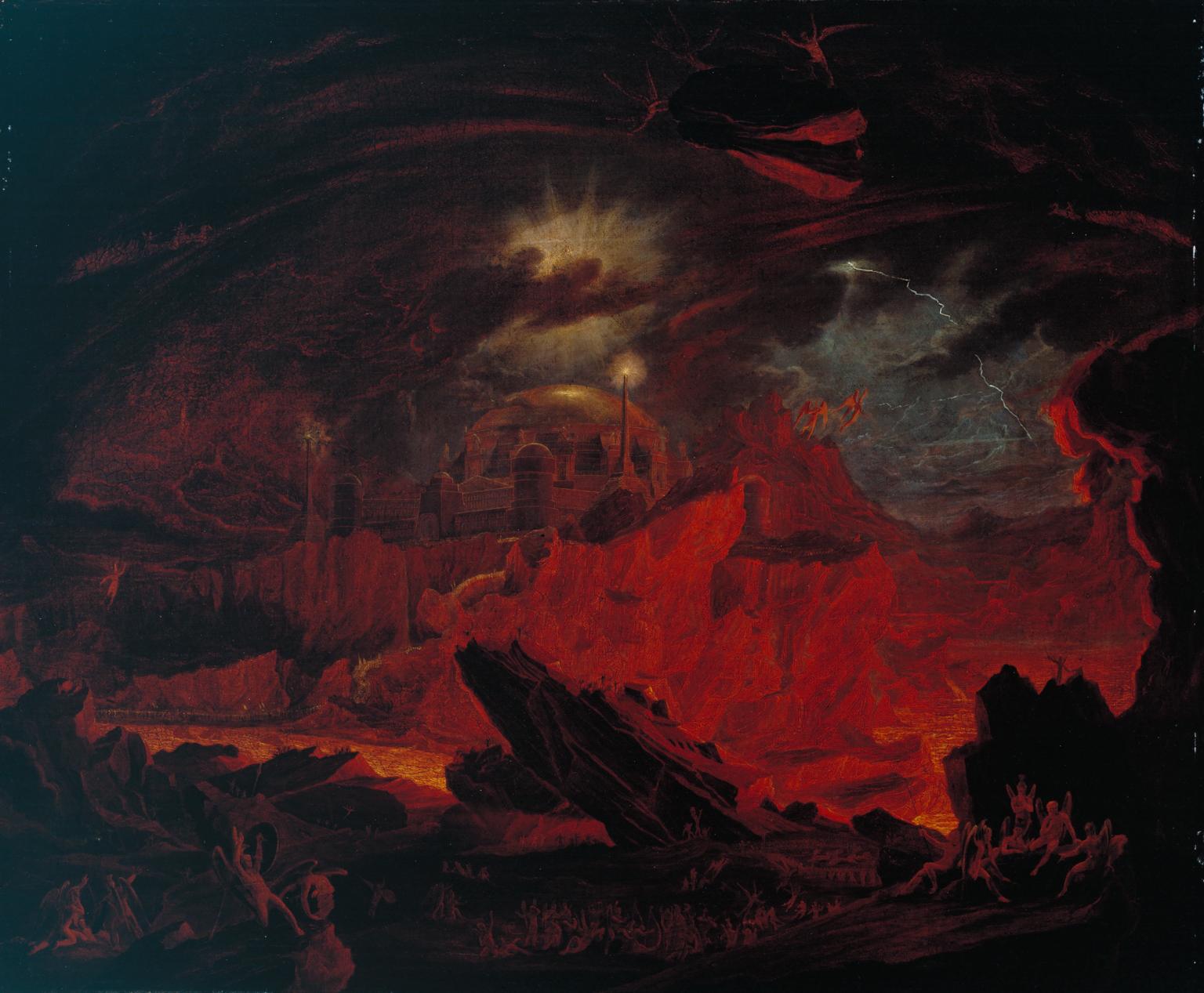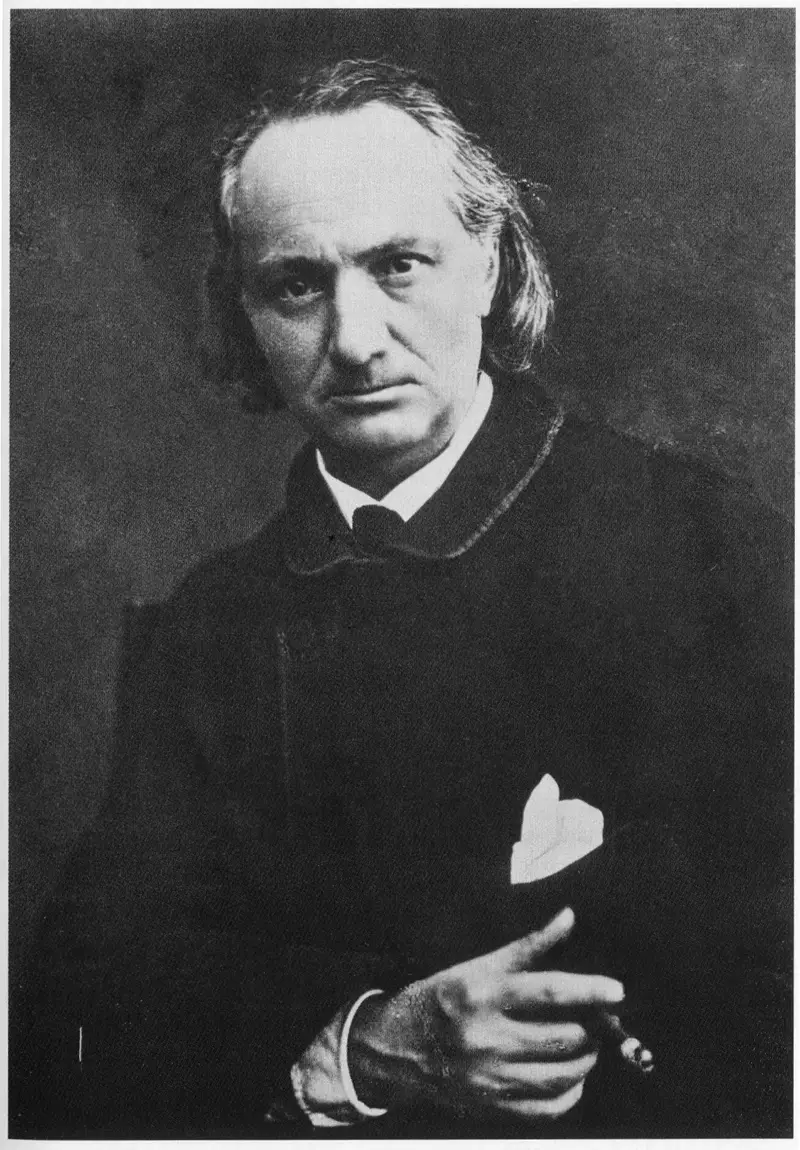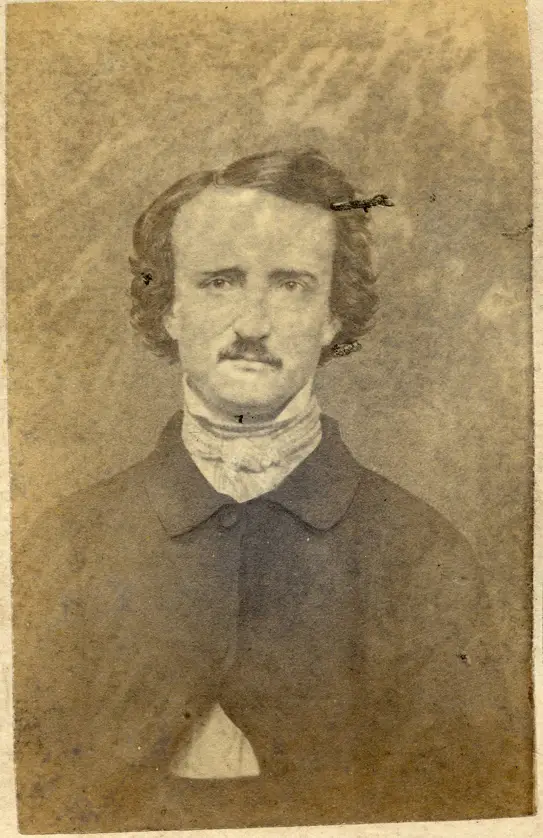Tag: Edgar Allan Poe
Pupi Avati's fantastorico Elsewhere
For the 45th anniversary of the theatrical release of the cult film "The house with laughing windows”(August 16, 1976), we also propose this interview released by Pupi Avati to Andrea Scarabelli in October 2019, on the occasion of the release of “Il Signor Diavolo”.
Muses, sirens and black stars: the cruel tales of Carlo H. De 'Medici
In the panorama of Italian fantastic and supernatural fiction, a prominent place must be reserved for Carlo H. De 'Medici, whose "black" stories, written in the 20s, were inspired by both the psychological horror of Edgar Allan Poe and Auguste Villiers de l'Isle-Adam, both from the French decadentist vein. Here we analyze the stories of him contained in the anthology "The cemetery mice", recently reprinted by the types of Cliquot Edizioni.
In the Twilight Zone
In issue 7 of "Dylan Dog", Tiziano Sclavi makes magmatic chaos rise to an emblematic reality of the impasse in which contemporary man finds himself, summing up in the dull expectation of non-life that is repeated day after day the loss of the latter who, enveloped in the implacable mists of History and Time and trapped in a stagnant Twilight Zone, shares with Valdemar di Poe the sense of powerlessness and, at the same time, of desolate amazement.
Arthur Machen and the panic charm of the uncanny
The new special issue of zothique, magazine of fantastic and "weird" literature published by Dagon Press, in its over 230 pages allows us to retrace the life and work of Arthur Machen, a Welsh writer who between the end of the XNUMXth century and the beginning of the XNUMXth was able to look beyond the "veil of reality" and reveal the essence of "Great God Pan“, Establishing himself as one of the greatest authors of supernatural fiction of his time.
Viruses, Vampires and Zombies: The Pandemic Theme in Modern Fantastic
Already present in classic works such as the Iliad and the Decameron, the theme of the pandemic apocalypse has been exploited and investigated in recent centuries especially in the field of the Fantastic, in fiction as in cinema: from EA Poe to Conan Doyle, from Meyrink and Lovecraft to Richard Matheson and Stephen King; and again, on the big screen, by directors of the caliber of Bergman, Romero, Carpenter, Cronenberg and Gilliam.
Underworld civilization in science fiction fiction
The topos of underground civilizations seems to be recurrent in the history of human thought, whether it is myth, folklore, esoteric knowledge, alternative reality or "simple" science fiction, to the point that sometimes it is difficult to label the various versions of the topos in a rather category. than in the other. Here we will deal with the variations of the topos in science fiction literature between the nineteenth and twentieth centuries.
Edgar Allan Poe, singer of the abyss
Unknown in life, Edgar Allan Poe saw his genius fully recognized only after his untimely death, as happened later also for HP Lovecraft, who followed in his footsteps: today, almost two centuries after his death, Poe is considered an author more unique than rare in narrating the unusual, in exploring the greatest and atavistic terrors of man, in recalling the lost beauties of ancestral times.
“The Shining”: in the labyrinths of the psyche and time
From the careful analysis of Stephen King's novel (1977) and of the film counterpart by Stanley Kubrick (1980), readings emerge that we can define as "esoteric": the Overlook Hotel as a labyrinth / monster that swallows its occupants and as a space outside of time; the superimposition of the past with the present in a similar perspective to that of the so-called "Akashic memory"; the "shimmer" as a supernatural capacity to insert oneself into this flow outside of time and space; a conception of the United States of America as a single, huge Indian cemetery (and not only).
William Hope Hodgson's Journey at the End of the Night
On April 19, 1918, William Hope Hodgson was hit by a shell on the Belgian front and prematurely left this world. We want to remember it like this, speaking of the new publication of Palindrome types,…
The human being as multiplicity: mask, "doppelgänger" and puppet
Since modern man has dramatically realized that the unity of the human being is an illusion some of the highest minds of his consortium have sought - in a uncanny game of masks, mirrors and dolls - to understand how to integrate one's infinite personalities and overcome the existential nihilism that such masks potentially offer: from ETA Hoffmann's “The Sandman” and EA Poe's “William Wilson” to Hermann Hesse's “The Steppe Wolf”; from the contemporary cinema of Roman Polanski and David Lynch to Thomas Ligotti's "marionette metaphysics" and HP Lovecraft's "cosmic horror".

